بقلم السفير جوزيف ستافورد : ” فى كل حركة بركة ”

.
للأسف، ألان ،أنا وزوجتي سنغادر هذا البلد الجميل بسبب التزامات شخصية ، ولكن حبنا للشعب و الثقافة السودانية سيستمر. سنواصل الاستماع للموسيقيين السودانيين المفضلين لدينا ، مثل ود الامين ، البلابل،صلاح براون، محمد علي من فرقة سودان روتس، وعقد الجلاد كما آمل حقا فى أن تاخذ زوجتى معها وصفات طهى الشية والعصيدة
.
كنت محظوظا لكوني تمكنت من التجول فى أنحاء هذا البلد العظيم و اجتمع باشخاص من جميع مناحي الحياة – القادة السياسيين ونشطاء من المجتمع المدني وزعماء الدين ، رجال الأعمال ، الطلاب ، المعلمين، الموسيقيين، الفنانين ، والأطباء. ألهمنى فخرهم بالسودان ، واهتمامهم بالولايات المتحدة، والطريقة التي يثيرون بها أوجه التشابه القوية بين بلدينا – مجتمعين متنوعين تتعدد فيهما الثقافات، يعتزان بتراثهما
.
من المعروف عن الشعب السوداني على مر التاريخ هو تسامحهم الديني ، و نأمل أن تبقى هذه السمة الإيجابية قوية. الحرية الدينية هي مبدأ فى غاية الاهمية في الولايات المتحدة و القيمة التي ندعو لها فى جميع أنحاء العالم. على هذا النحو ، لقد جعلت مقابلة كل الطوائف الدينية في السودان ، سواء مسلمين اوغير مسلمين احدى اولياتي ، و تعلمت الكثير من هذه اللقاءت
.
بالنسبة لدعم الحريات الأساسية في التعبير و الصحافة . سنحت لي الفرصة بزيارة أكثر من اثني عشر مقرا لوسائل الإعلام، و أجرت السفارة الأميركية العديد من ورش العمل الصحفية، بالاضافة لتدريب الصحفيين فى الرصد الصحفى فى مجال حقوق الإنسان مؤخرا لاكثر من 200 صحفي من كافة الوسائل الإعلامية . كما قال الرئيس الأمريكي الأسبق توماس جيفرسون منذ 200 عاما، “إن الصحافة هي أفضل أداة لتنوير عقل الإنسان ، وتطويره عقلانيا ،اخلاقيا ، و اجتماعيا
”
بالرغم من انني مغادر السودان، لا أزال متفائلا حول مستقبل العلاقات بين الولايات المتحدة والسودان لأسباب عديدة. على الرغم من التحديات التي تواجه علاقتنا، يظل الشعب الأمريكي في انخراط عميق مع الشعب السوداني. فقد كان دائما هدفي جلب المزيد من الأمريكيين إلى السودان وإرسال مزيد من السودانيين إلى الولايات المتحدة في اطارالتبادلات الثقافية، والتعليمية، والمهنية، لذلك أنا مسرور جدا أن خلال فترة وجودي في السودان سافر ما يقارب من 70 مشاركا سودانيا للولايات المتحدة . نعمل أيضا علي إعادة تشغيل برنامج همفري للزمالة بعد توقف دام أكثر من 17 عاما، رتبنا أيضا عدة زيارات للسودان من قبل متخصصين أكاديميين وثقافيين أمريكان.
نعمل جاهدين لمواصلة تنفيذ التبادلات الأكاديمية بين بلدينا وبالتالي القضاء على الحواجز التقنية للطلاب السودانيين لاجراء امتحانات القبول والتقديم للجامعات الأمريكية. أنا مسرور لفتح ثلاث مساحات ثقافية أمريكية للتبادل الثقافي في السودان – مركز هيلين كيلر للتعليم الذاتي، وقاعة الدكتور مارتن لوثر كينغ جونيور للقرائة، وكلي المركزين في جامعة الخرطوم. ويوجد لدينا ركن أمريكي في مدينة بور تسودان. هذه بمثابة منصات لبرامج ثقافية وكموارد لشعب السودان للوصول إلى معلومات عن الولايات المتحدة.
يحدوني أمل عميق ومستمر ان جميع الاطراف سيأتون معا لإيجاد طريق نحو السلام في دارفور و المنطقتين . وأنا أعلم أن الولايات المتحدة ستواصل في وقوفها إلى جانب الشعب السوداني، من خلال دعمنا لجهود حفظ السلام، وذلك من خلال عبر الوكالة الامريكية للتنمية الدولية وهي أكبر الجهات المانحة في العالم من المساعدات الإنسانية إلى السودان. نحن حريصون علي تقديم المساعدة الانمائة، مثل مشروع اعادة تأهيل سد طويلة بتمويل من الوكالة الامريكية للتنمية الدولية . وكنت مسرورا جدا لإطلاق هذا المشروع، والذي يحسن حياة أكثر من 70،000 شخص في شمال دارفور من خلال زيادة فرص الحصول على المياه للشرب والزراعة، وتربية الحيوانات، والأنشطة الاقتصادية الأخرى، في الوقت نفسه يساعد في حماية المجتمع في مدينة طويلة خلال فترات الجفاف والفيضانات.
انا وزوجتي كنا محظوظان لمقابلتنا الكثير من الاشخاص الرائعون فى جميع أنحاء السودان، والذين يحملون نفس الرغبة القوية لتحسين مجتمعاتهم المحلية . سنتذكركم انتم وبلادكم المؤثرة دائما ، و أنا متأكد انكم ستستمرون فى جهودكم من اجل إنشاء حياة أفضل ، تماما كما تقولون “فى كل حركة بركة”.
بقلم
السفير جوزيف ستافورد
القائم بالأعمال
السفارة الأمريكية
Fi Kulu Harakah Baraka
(Every Move is a Blessing)
By
Ambassador Joseph Stafford
Chargé daffaires
U.S. Embassy
For the past 18 months, my wife and I have been happy to call Sudan our second home. Everywhere we traveled throughout the country, people kindly welcomed us and expressed their deep interest in the United States of America. This is not only in Khartoum State; I have seen this in Darfur, Jazeera, Sinnar, River Nile, and Red Sea States as well. We had been told by friends who served in Sudan that Sudanese are among the friendliest people on earth, and we found this to be true from our very first day here.
Now, sadly, my wife and I have to leave this beautiful country due to personal commitments, but our love for the Sudanese people and culture will continue. We will continue listening to our favorite Sudanese musicians, such as Wad Al-Amin, Al-Balaabil, Salah Brown, Mohamed Ali of Sudan Roots, and Igd Al-Jilaad, and I really hope my wife will take the recipes for Shaiya and Aseeda back with her.
I was fortunate to be able to travel around this great country and meet people from all aspects of life — political leaders, civil society activists, religious leaders, entrepreneurs, students, teachers, musicians, artists, and doctors. I have been inspired by their pride in Sudan, their interest in the United States, and the way they often draw strong similarities between our two nations two diverse, multi-cultural societies, proud of their heritage.
The Sudanese people have been known throughout history for their religious tolerance, and we hope this very positive attribute will remain strong. Religious freedom is a very important principle in the United States and a value that we advocate for around the world. As such, I made it a point to meet with every kind of religious sect I could in Sudan, both Muslim and non-Muslim, and I learned much from these discussions.
In support of the fundamental freedom of expression and of the press, I also took the opportunity to visit more than a dozen media houses, and the U.S. Embassy conducted several journalism workshops, including recent training on human rights reporting for more than 200 journalists from all the media houses. As former U.S. President Thomas Jefferson said 200 years ago, The press is the best instrument for enlightening the mind of man, and improving him as a rational, moral, and social being.
As I leave, I remain optimistic about the future of U.S.-Sudan relations for many reasons. Despite the challenges of our relationship, the American people remain deeply engaged with the Sudanese people. It has always been my goal to bring more Americans to Sudan and to send more Sudanese to the United States on cultural, educational, and professional exchanges, so I am very pleased that during my time here nearly 70 Sudanese exchange participants traveled to the United States. We also restarted the Humphrey Fellows Program after more than a 17-year hiatus, and arranged several visits to Sudan by American cultural and academic specialists.
We are working hard to further implement academic exchanges between our two countries and to eliminate technical barriers for Sudanese students to take entrance exams and apply for admission to U.S. universities. I was delighted to open three American spaces for cultural exchange here in Sudan — the Helen Keller Self Access Center and the Dr. Martin Luther King Jr. Reading Room, both at University of Khartoum, and the American Corner in Port Sudan. These serve as platforms for cultural programming and as resources for the people of Sudan to access information about the United States.
It is my deep and continuing hope that all sides will come together to find a way toward peace in Darfur and the Two Areas. I know the United States will continue to stand by the Sudanese people, through our support to peacekeeping efforts, and through the United States Agency for International Development (USAID), the worlds largest donor of humanitarian assistance to Sudan. We are eager to provide development assistance, such as the USAID-funded Tawila Dam rehabilitation project. In my last week in Sudan, I was so pleased to launch this project, which will improve the lives of more than 70,000 people in North Darfur by increasing access to water for drinking, agriculture, animal husbandry, and other economic activities, while helping to protect the Tawila community during times of drought and flood.
My wife and I have been very fortunate to meet so many wonderful people throughout Sudan who share a strong desire and willingness to improve their communities. We will always remember you and your compelling country, and I know you will continue your hard work for a better life, just as you say daily Fi Kulu Harakah Baraka.
[/SIZE][/JUSTIFY]

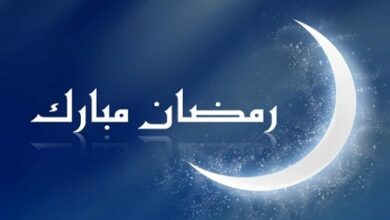
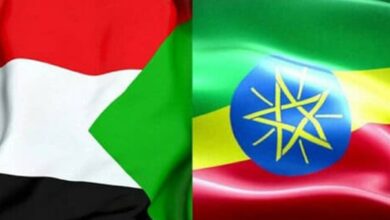
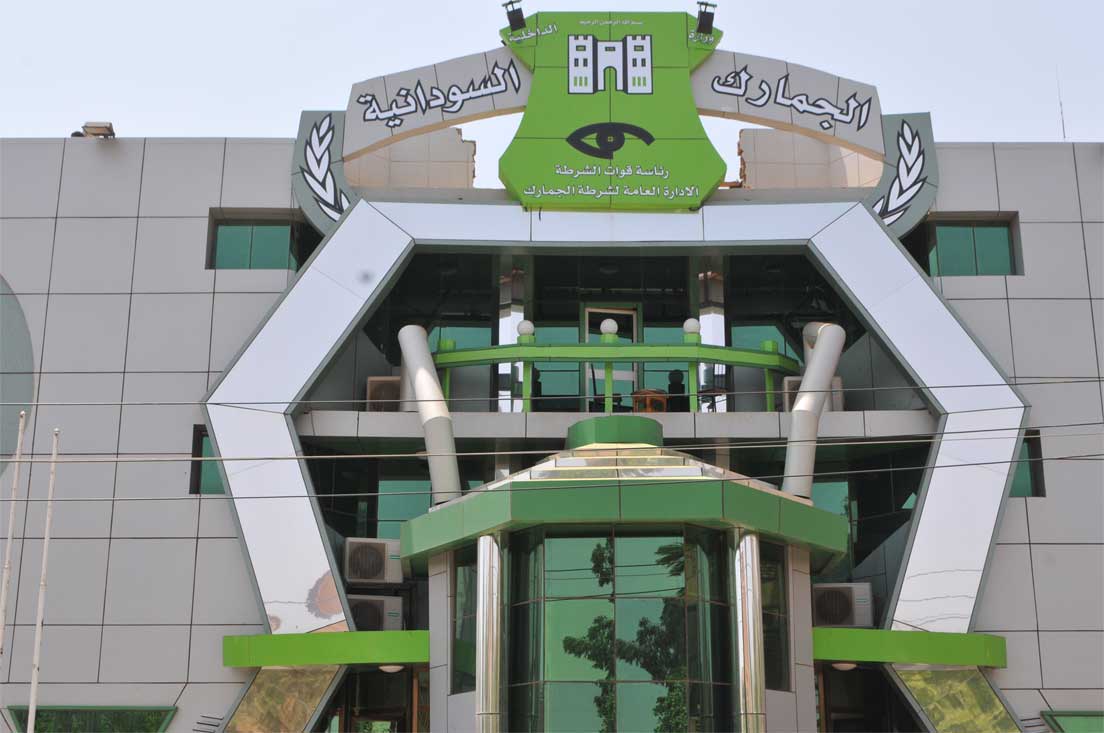
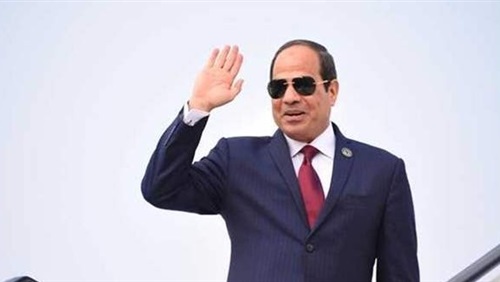
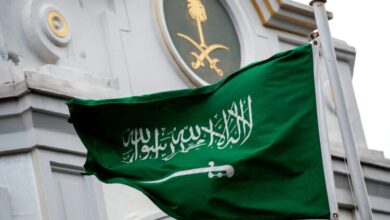

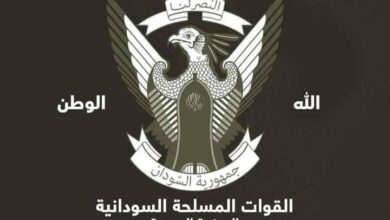
[SIZE=5]شكرا استانفورد علي المضمون الراقي والعنوان السوداني (في كل حركة بركة)
قرأنا السطور التي تبين إدراكك بأنّ الشعب السوداني ودود ومتسامح ويرحب الغريب ولو كان أمريكيا!
وفرأنا ما بين السطور (إنّ هذا الشعب أبعد ما يكون عن الإرهاب، وينبغي أن تعمله أمريكا بطؤيقة أفضل)
لن تتحمّل اللوبيات هذا:
يريدون رجلا يعكس ما تريده اللوبيات اليهودية، وعملاء أمريكا بالمنطقة وهم كثر، وشقّ عليك ذلك فأقالوك!
شكرا ستانفورد، (كتّر خيرك).[/SIZE]
[SIZE=4]ماكنا نحسبك بهذا الفهم الراقي الواعي …وعشمنا أن يكون خبر إسلامك حقيقي لتكمل سعادتنا….مرحبا بك في أي وقت[/SIZE]
[SIZE=4][B][HIGHLIGHT=undefined]طبعاً السفير ينفذ سياسة بلاده, لم يأت إلى السودان للسياحة
الآن يستمر في سعيه لاختراق المجتمع السوداني ثقافياً , من غير مقابل مقنع وواضح .
كل ذلك لأن الشعب السوداني طيب ومسامح ![/HIGHLIGHT][/B][/SIZE]
ابليس لو جا للسودانيين بمدخل الدين والتدين .. ونغمات من نوع انا بموت في الجقاجق .. واكلت مرتين قراصة .. ينبهلو وينبرشو .. ذى الماحاصل حاجه .. ويفكو اولهم واخرهم .. شوف ليكم موضوع بالله بلا فورد .. بلا نيسان